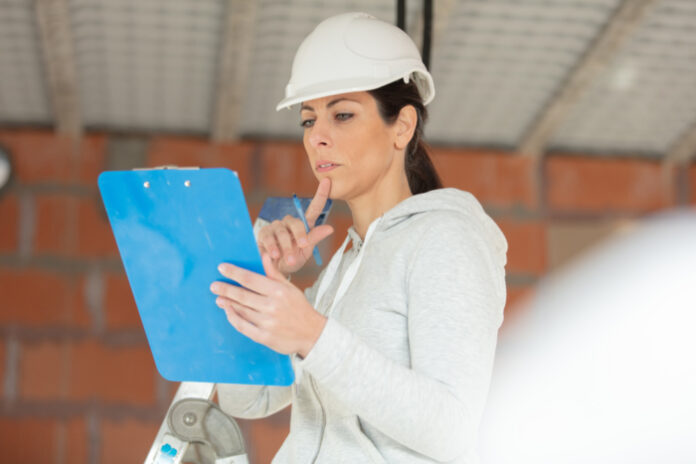Being a licensed house inspector in Florida may be a gratifying and enjoyable career choice if you have a love for homes and an eye for detail. Home inspectors are essential to maintaining the integrity and safety of residential buildings. They support homeowners in detecting and fixing maintenance concerns as well as assisting prospective purchasers in making well-informed selections. We will lead you through the procedures to become a Florida certified home inspector in this in-depth guide and provide helpful advice to help you thrive in this line of work.
Understanding the Role of a Certified Home Inspector in Florida
Your main duty as a licensed home inspector in Florida will be to evaluate residential homes to ascertain their state and spot any present or future problems. You will assess the home’s structural elements, electrical systems, plumbing, heating, and cooling systems, among other crucial components. Clients will be able to make educated judgments when purchasing or selling a home thanks to your thorough inspection report.
Steps to Becoming a Certified Home Inspector in Florida
Here we will cover the necessary steps that you need to take in order to become a certified home inspector in the state of Florida through a Florida home inspector course:
Meeting the Educational Requirements for Home Inspectors in Florida
You must first finish a state-approved home inspection course in order to become a certified home inspector in Florida. Building codes, construction methods, and inspection procedures are just a few of the topics covered in these courses on house inspection. It is essential to pick a reputed college or training facility that offers thorough and current courses.
Gaining Hands-On Experience as a Home Inspector
Gaining hands-on experience is just as important as finishing a home inspection course. Many prospective home inspectors decide to do supervised inspections or serve as apprentices under seasoned experts. Your abilities will be improved and you will be ready for the challenges of the job thanks to this practical experience.
Preparing for the Florida Home Inspector Licensing Exam
Once you finish the necessary coursework and obtain practical experience the next stage is to be ready for the Florida home inspector license exam. Your understanding of house inspection procedures, state laws, and industry standards will be assessed by the test. To make sure you are adequately prepared for the exam, think about signing up for study sessions or using study materials and practice exams.
Navigating the Licensing and Certification Process in Florida
A license from the Florida Department of Business and Professional Regulation (DBPR) is required before you may legally work as a home inspector in the state of Florida. Typically, the application procedure includes presenting documentation of your education, work history, and proof that you passed the licensing exam. If you meet all the requirements, you can get your license and begin working as a certified home inspector.
Important Tools and Equipment for Florida Home Inspectors
You will use a variety of tools and equipment as a house inspector to carry out thorough inspections. A flashlight, electrical testers, moisture meters, ladders, and a digital camera to record results are among the most common gear you will use. Investing in top-notch tools will raise the accuracy of your inspections and demonstrate your professionalism.
Florida’s Code of Ethics and Standards of Practice for Home Inspectors
Florida has created a set of rules of ethics and best practices for home inspectors in order to uphold their professional integrity and guarantee uniformity in the sector. To give your customers dependable and consistent services, become familiar with these rules. Following these guidelines will also save you from any legal problems.
Marketing Yourself as a Certified Home Inspector in Florida
It is crucial to successfully represent yourself as a certified home inspector to get customers. Think about setting up a professional website, using social media, and connecting with real estate brokers and other business experts. Building a solid reputation via first-rate customer service and detailed inspection reports will promote word-of-mouth recommendations.
Understanding Insurance and Liability Coverage for Home Inspectors in Florida
As a home inspector, you can run across circumstances where clients complain about your work or demand compensation for damages regarding a building you examined. Consider getting errors and omissions (E&O) insurance to shield yourself against any liabilities. This insurance policy can protect you from lawsuits and other financial hardships brought on by mistakes or omissions in your inspection reports.
Final Thoughts
In Florida, being a certified home inspector involves commitment, formal training, and real-world experience. With the help of this guide, you should have enough information to distinguish if this career choice is right for you. Always strive for professional progress, keep up with industry standards, and establish a solid reputation via great service. You will be crucial in assisting people in making informed decisions regarding their houses as you establish yourself as an expert and dependable home inspector.
Find a Home-Based Business to Start-Up >>> Hundreds of Business Listings.

















































